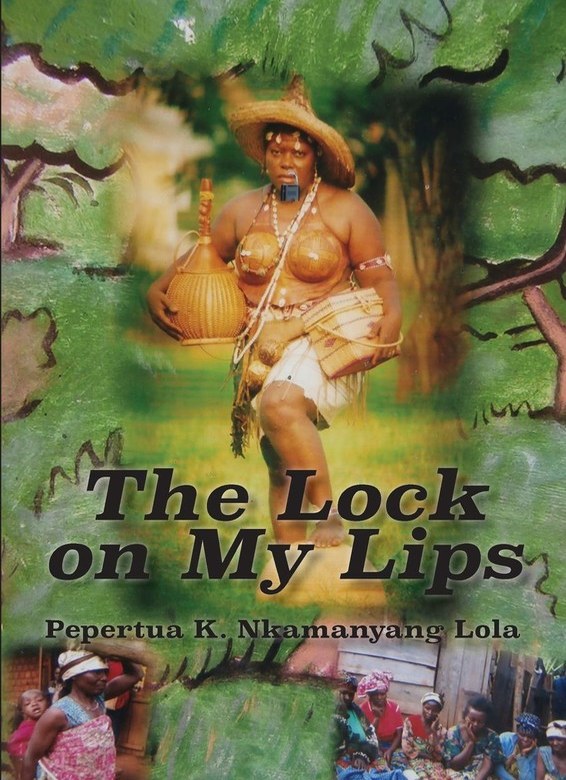written by Pepertua K. Nkamanyang
The Lock on My Lips foregrounds gender, narrative and identity in its representations. It tells the story of a woman who defies traditional patriarchal boundaries that deny women their rights, most especially the right to landed property and buys land in her name. Discursive constructions, ‘travelling concepts’, metaphors, multiple perspectives, narrative, imagery, folklore, anthropological objects, and mixed-genre plot structure (narrative-(poetic)-drama), combine to tell the story of gendered beings and thus pave the way for exploring the interdisciplinary potentials of the play-text. Land and genre are gender markers. Land is definable through power and authority, constitutes the material with which masculinities are constructed, and thus becomes a space where women are excluded. The play equates land with patriarchal ideology of male virility and supremacy, but creates a mixed-genre fragmentary structure to disrupt the very patriarchal power erected through the metaphor of land.
| ISBN | 9789956791088 |
| Pages | 234 |
| Dimensions | 229 x 152mm |
| Published | 2014 |
| Publisher | Langaa RPCIG, Cameroon |
| Format | Paperback |





2 comments
“A gripping and mind blowing feminist play with women battling against an oppressive African tradition that refuses to recognise that women could be equal to or better than men in terms of capacity. A play that seeks to balance, albeit with little success tradition and women’s (auto)empowerment. The author has succeeded in capturing the battles of many African women with characters such as the women she presents in the play. Even when tradition oppresses, women have pockets of justice they can explore and exploit by riveting to the state judicial system which exonerates them from the injustices of tradition. Nkamanyang has shown that women’s battles have a future and are worth fighting for.”
Professor Lilian Lem Atanga, author of Language, gender and power in the Cameroonian parliament (Langaa, 2010)
“Lola Nkamanyang has fully experimented in the stream of consciousness and surrealist techniques, but her major strength lies in the even-handed handling of the central gender conflict between men and women, husbands and wives. Mrs. Ghamogha must have her civil rights as well as maintain her marriage. Lola’s ground-breaking work on gender is a significant contribution to Cameroon Literature and theatre.”
Dr. Gerald Niba Nforbin, Lecturer of English Literary and Cultural Studies, University of Douala